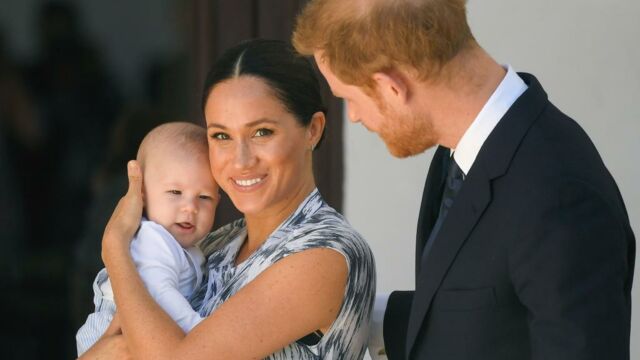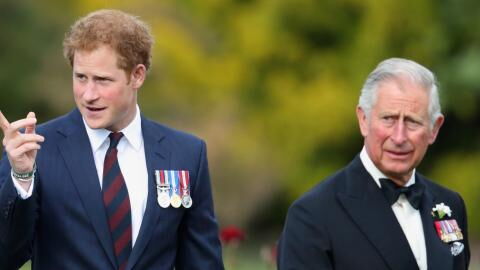Since being a couple, Prince Harry and Meghan Markle have brought two children into this world. Their first child Archie will be three years old in May while their second, Lilibet will turn one in June. Some are now wondering if the couple will try for a third child.
Discover our latest podcast
Two children
During an interview with Dr Jane Goodall for Vogue in 2019, Prince Harry talked about his future family. Prince Harry mentioned that he would have ‘two maximum’ after he talked about the environmental impact children have on our planet.
Prince Harry told Dr Goodall:
We are the frog in the water and it’s already been brought to the boil. Which is terrifying.
After talking about his children he then added:
It does make it different. I think, weirdly, because of the people that I’ve met and the places that I’ve been fortunate enough to go to, I’ve always had a connection and a love for nature.
So it seems that the Sussexes will only have two children due to the current environmental state of the world.
Read more:
⋙ Prince Harry thinks bringing his children to the UK would be dangerous
⋙ Harry and Meghan: Fans noticed this hidden message in their explosive Oprah interview
⋙ Prince Harry: This could be the reason why he renewed his lease on Frogmore Cottage
Being praised
After his interview with Dr Jane Goodall, the Sussexes received a lot of praise for their contribution to help protect the environment.
In fact, people were so pleased by their decision to only have two children that they received an environmental award.
A spokesperson for Population Matters said:
In choosing and publicly declaring their intention to limit their family to two, the Duke and Duchess of Sussex are helping to ensure a better future for their children and providing a role model for other families,
They added:
Having a smaller family reduces our impact on the Earth, and provides a better chance for all our children, their children and future generations to flourish on a healthy planet.
One simple decision can have a huge impact on the future of our planet.















